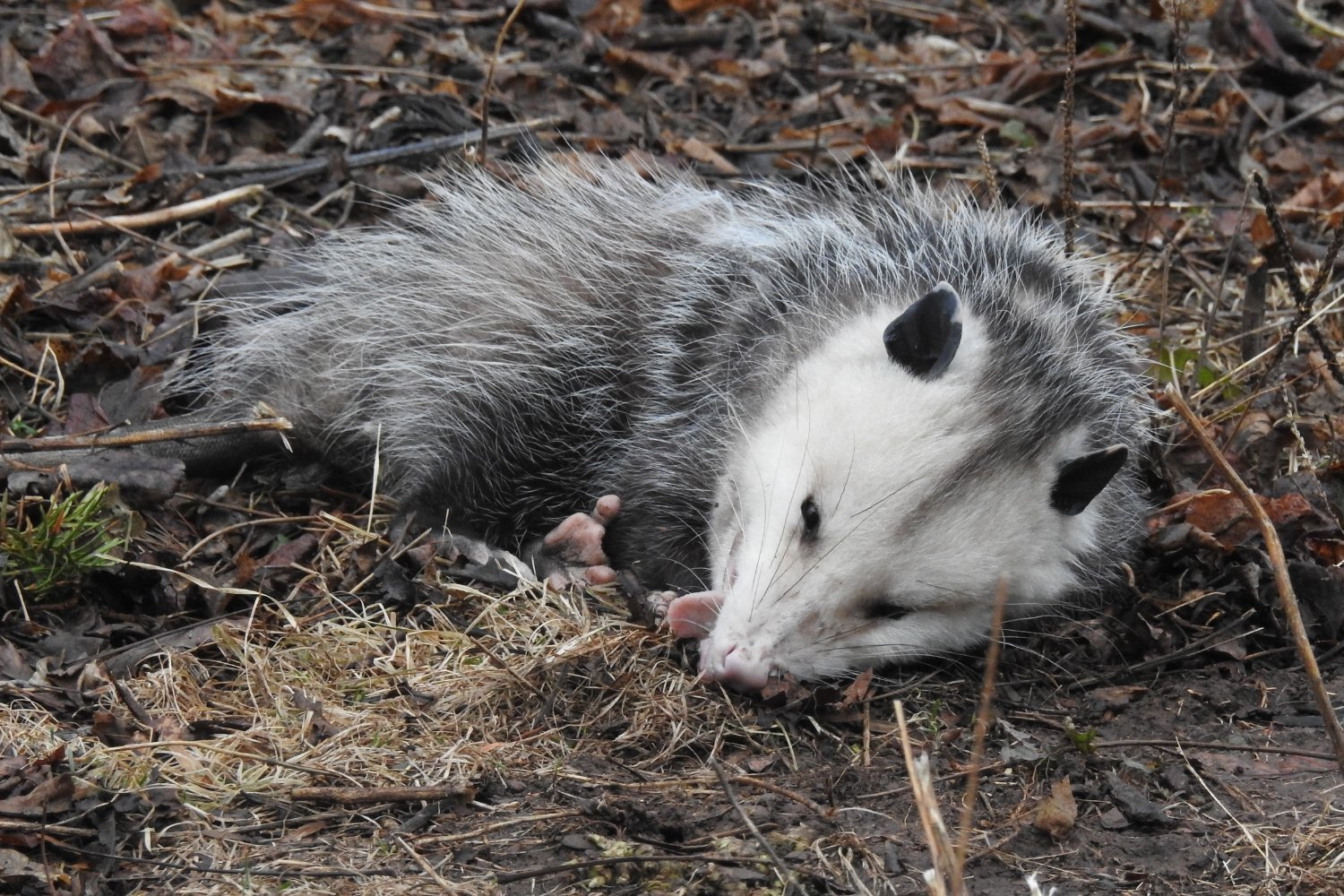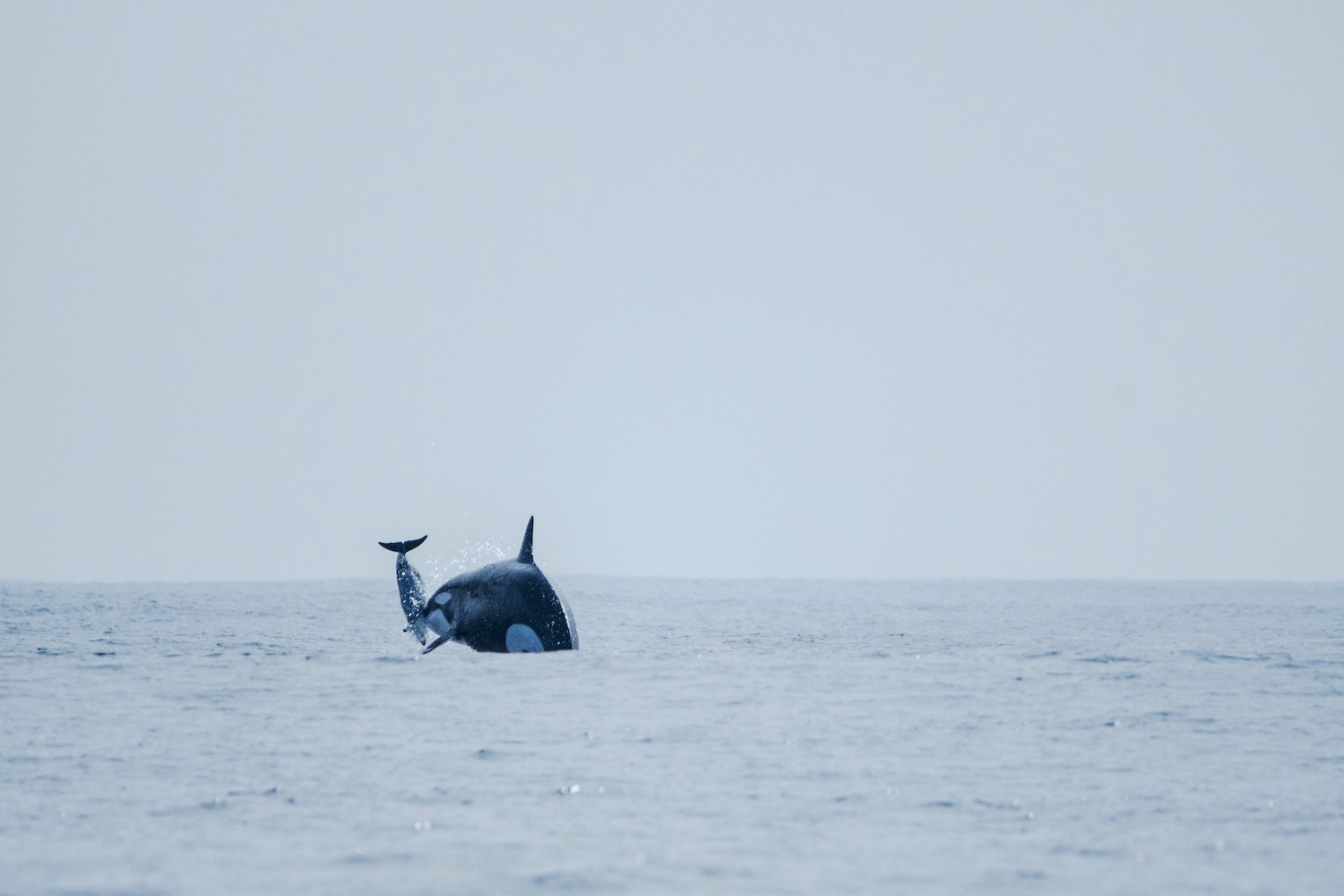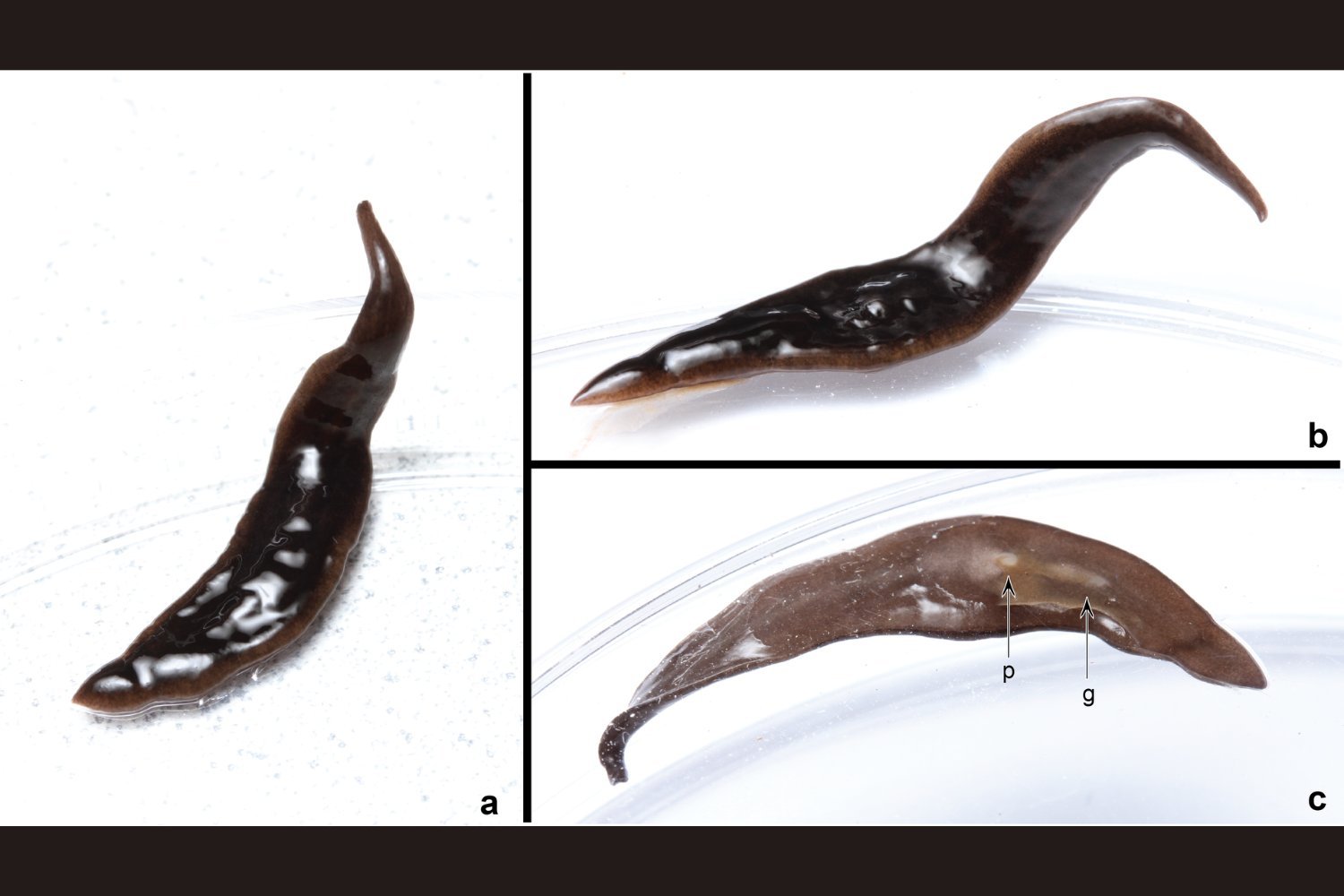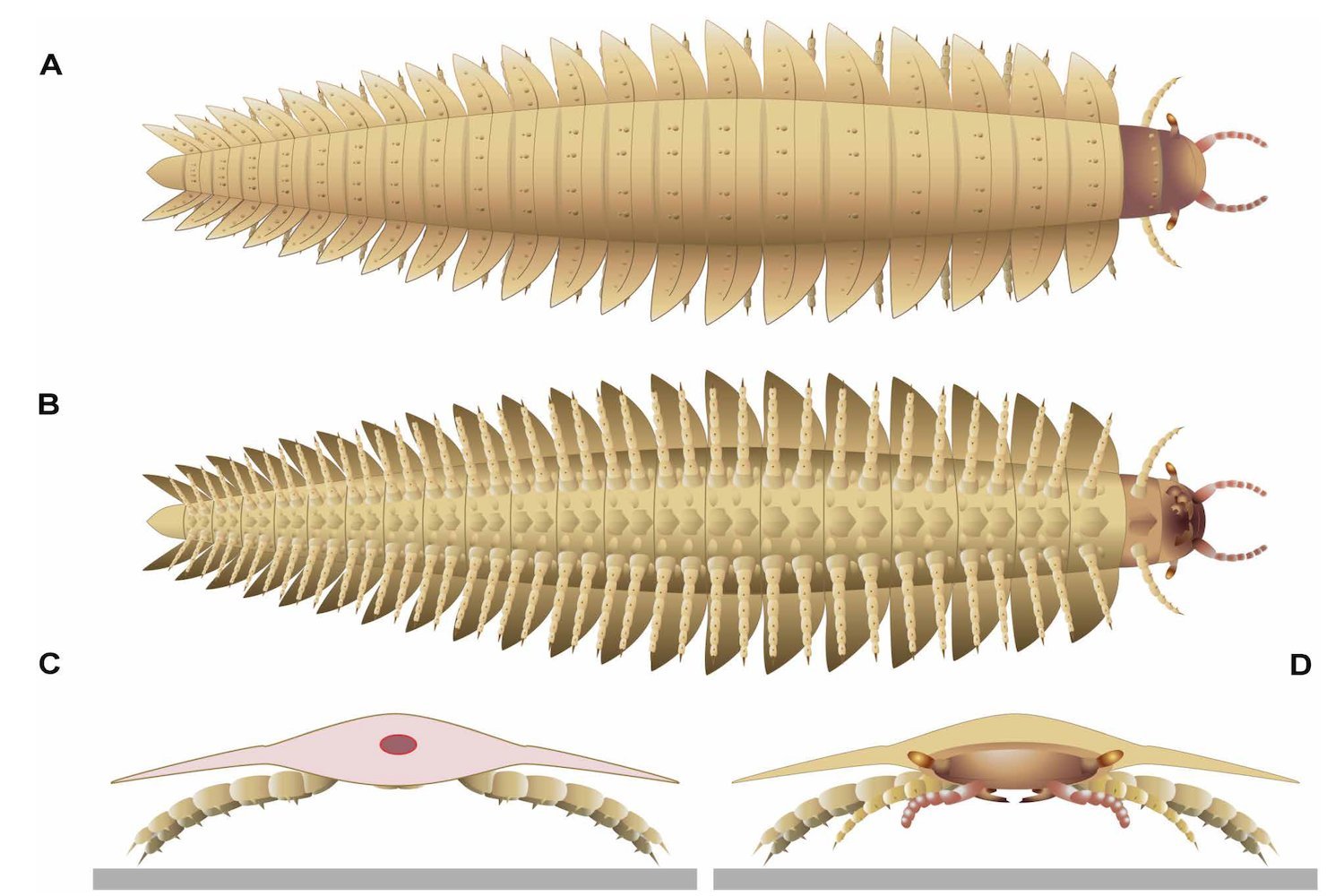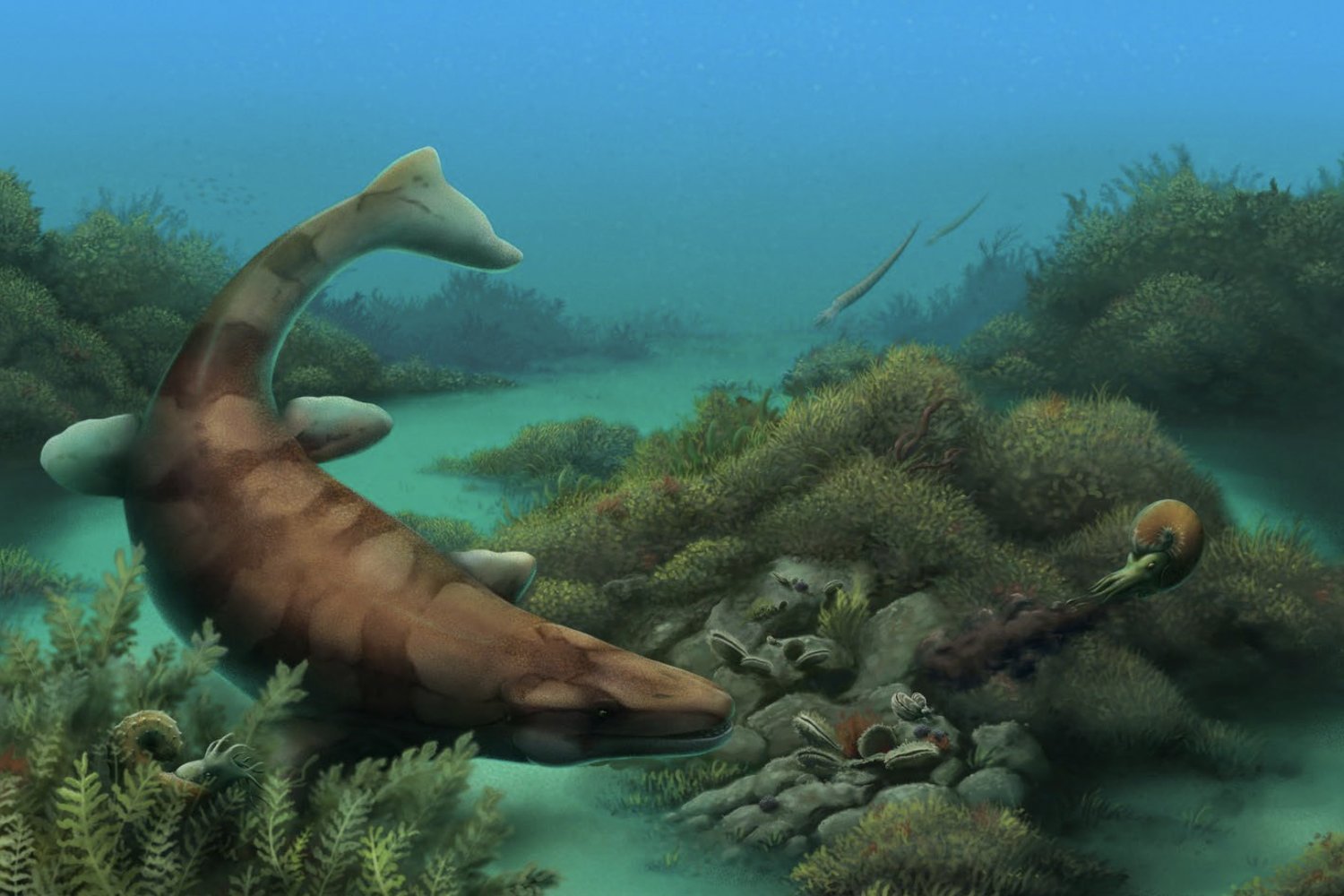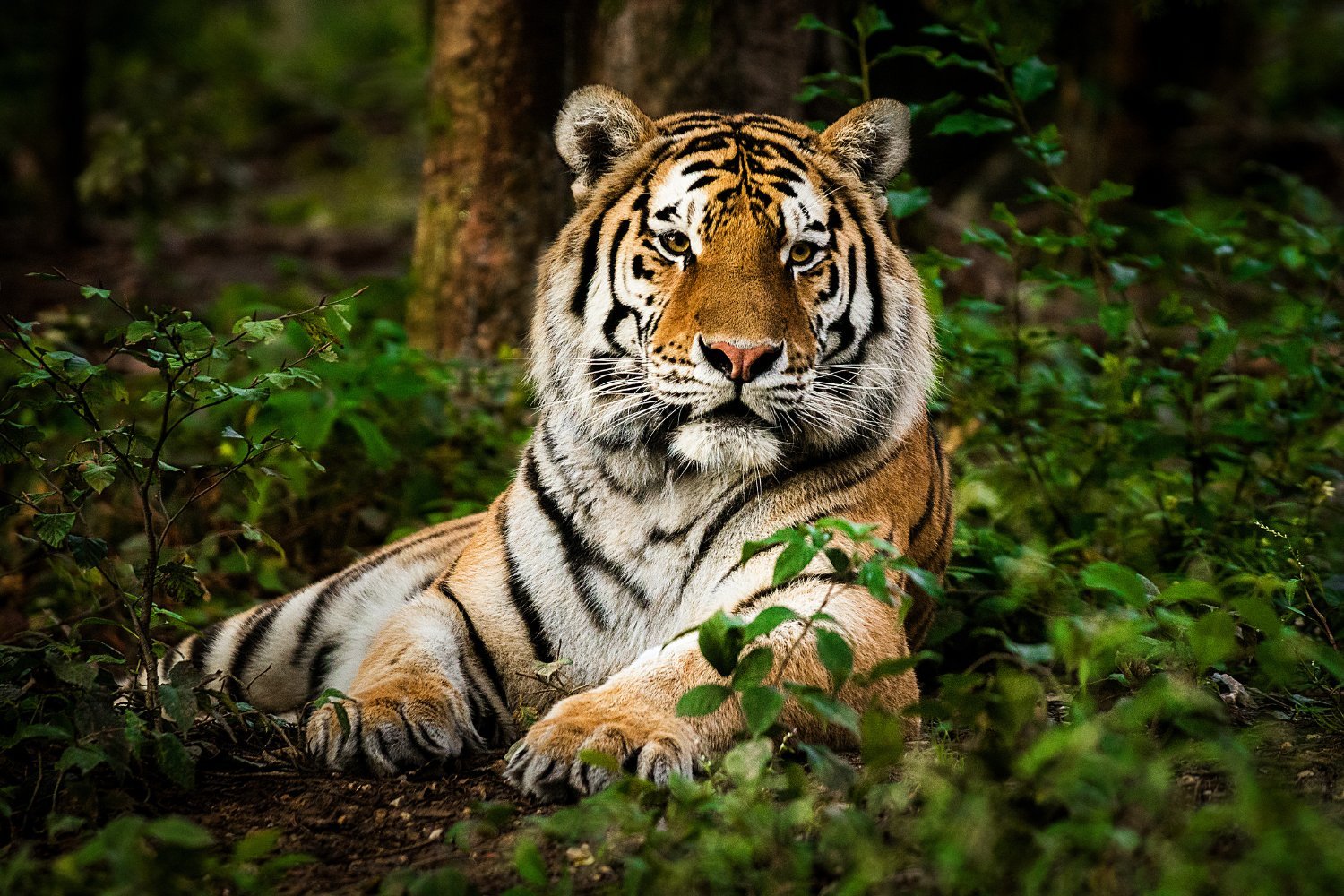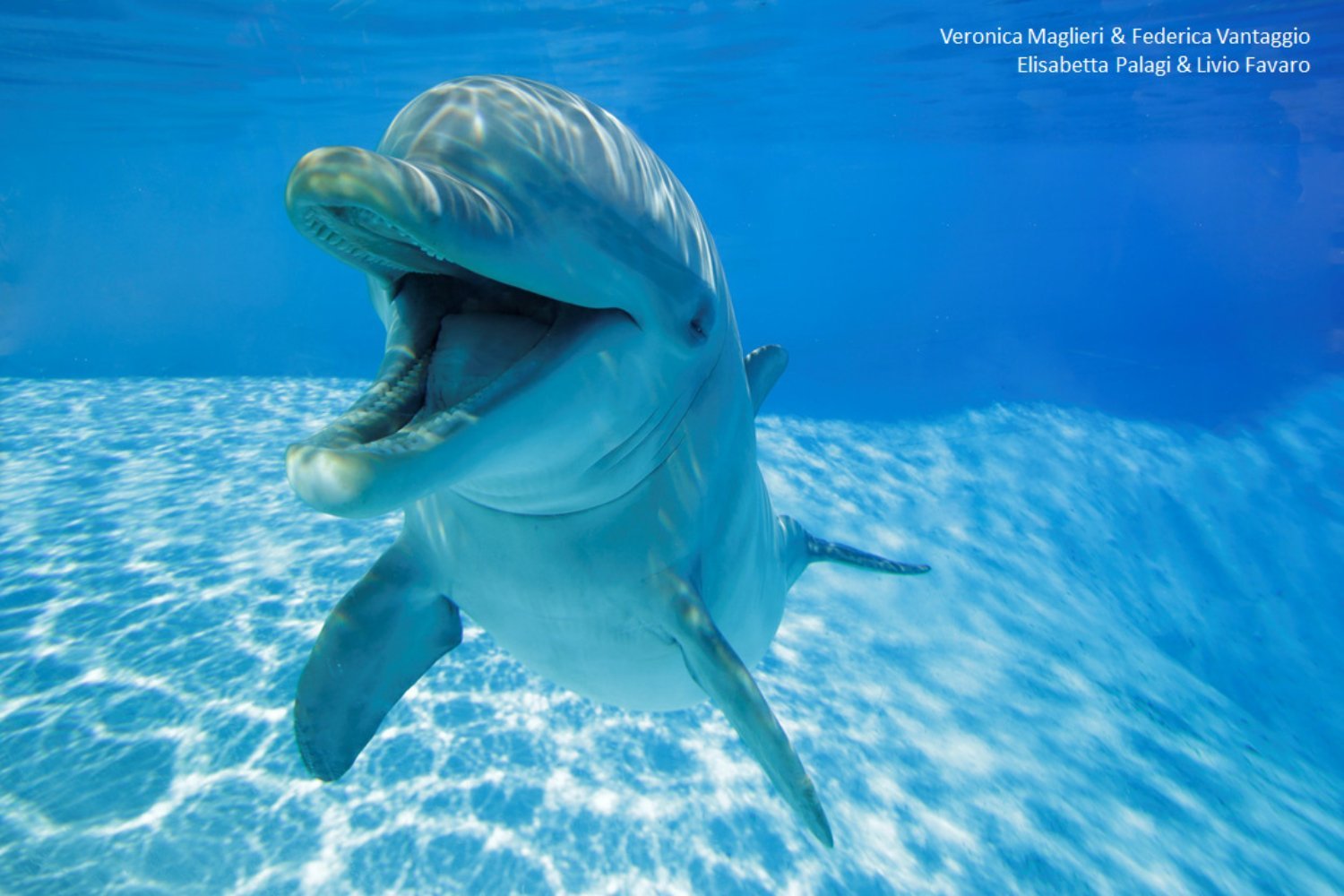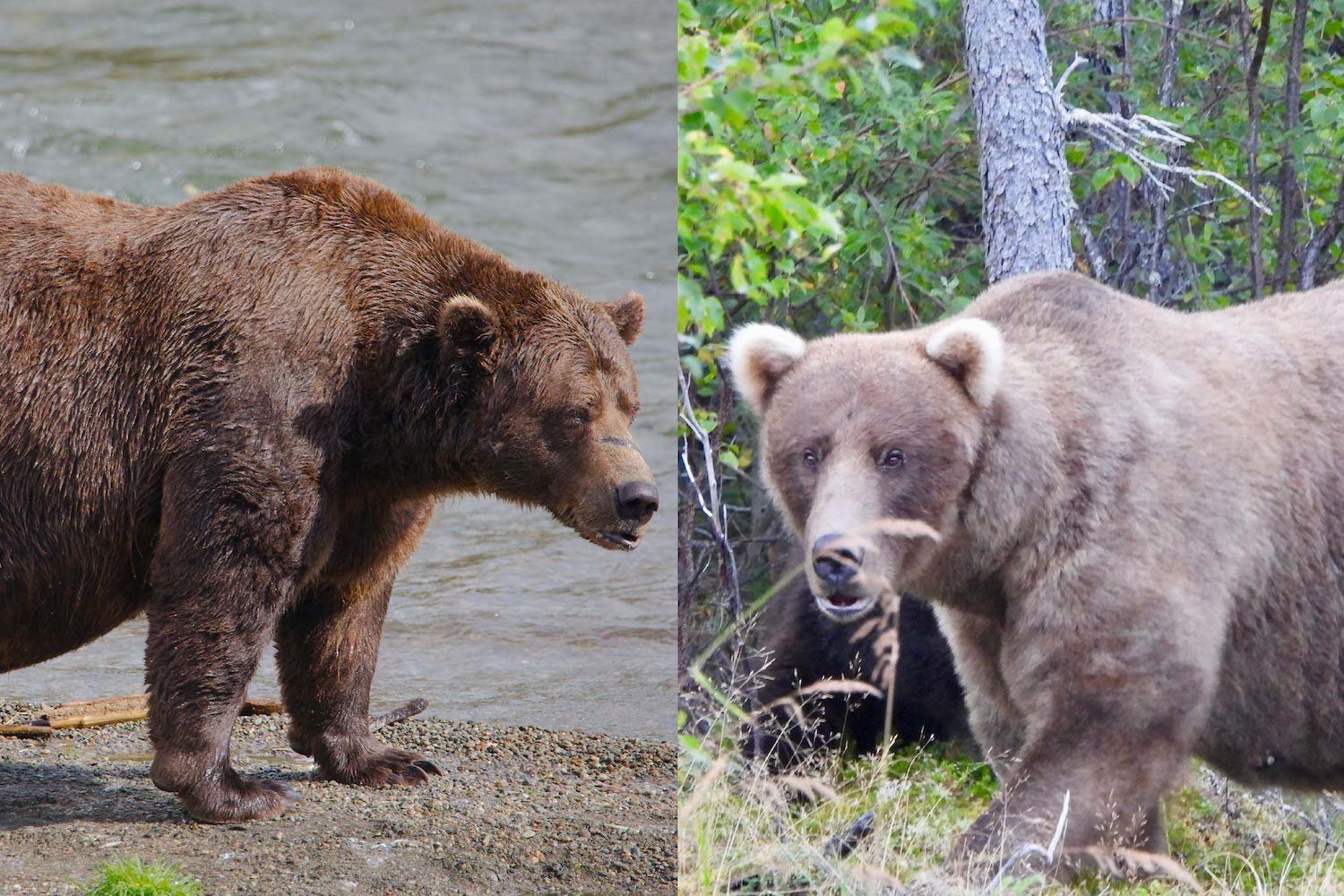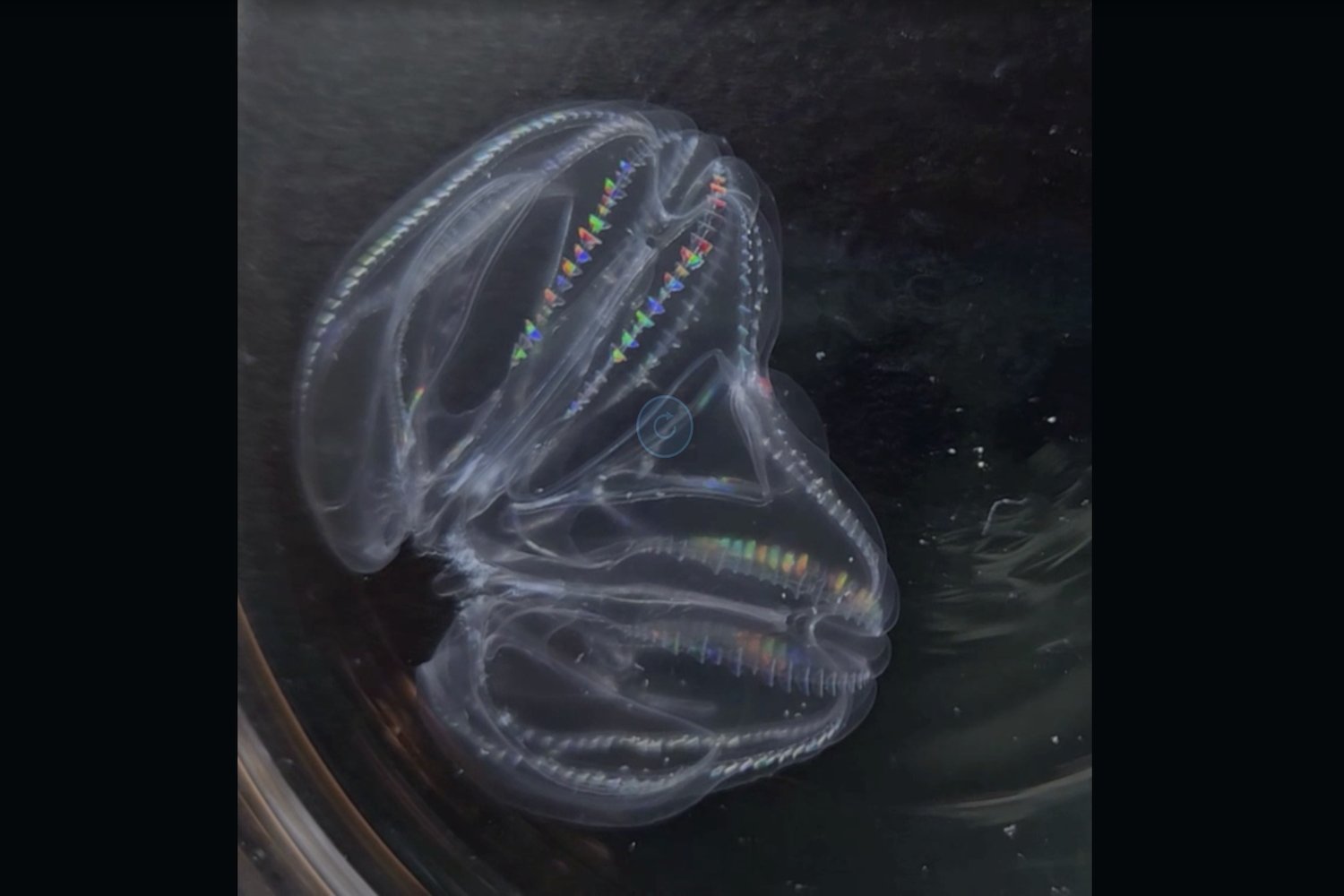Death, a universal experience, has captivated human thought for centuries. From ancient texts to modern discourse, mortality remains a constant source of fascination and fear. However, Susana Monsó, a philosopher based in Spain, argues in her book, Playing Possum: How Animals Understand Death, that while humanity’s specific anxieties surrounding death may be unique, the perception of it isn’t limited to humans. Monsó explores the burgeoning field of comparative thanatology, examining how animals perceive and react to death. She presents a compelling argument that humans are not alone in understanding mortality, even if our methods of expression differ.
This article delves into a conversation with Monsó, discussing the inspiration behind her book, the differing approaches within animal cognition research, and the surprising insights offered by the possum’s ability to feign death.
A Philosophical Inquiry into Animal Mortality
Monsó’s academic journey led her to explore animal reactions to death and dying, a topic emerging in comparative cognition. This field requires philosophical analysis and clarification of core concepts. Her interest stemmed from a desire to challenge human exceptionalism – the belief in human superiority that often justifies exploitation of the natural world. Simultaneously, approaching her 30th birthday, Monsó experienced a personal preoccupation with mortality, influencing her research direction.
Overcoming Anthropomorphism in Comparative Thanatology
Comparative cognition, wary of anthropomorphism (attributing human characteristics to animals), has been hesitant to explore complex concepts like death. The legacy of behaviorism, focusing solely on observable behavior, continues to influence the field. This reluctance has hindered research into seemingly human-like capacities in animals. Monsó highlights the divide between “romantics” and “killjoys” in animal cognition research, with the former embracing human-like terminology (e.g., friendship, morality) while the latter prefers more detached terms (e.g., affiliation, prosocial behavior).
Understanding Death Beyond Grief
Monsó emphasizes the importance of separating understanding death from grieving. While grief is a common human response to death, it’s not necessarily indicative of understanding. Animals, frequently encountering death in the wild, may not grieve every instance, especially if there’s no emotional bond. Furthermore, death can be beneficial for some animals, like predators, representing sustenance rather than loss. Therefore, observing an animal’s lack of grief doesn’t equate to a lack of understanding of death.
The Possum’s Death Feigning: A Window into Animal Minds
The possum’s elaborate death display (thanatosis) provides compelling evidence for a broader understanding of death in the animal kingdom. The possum’s convincing portrayal of death—including physical changes like lowered body temperature and a pungent odor—suggests an evolutionary adaptation influenced by predators’ understanding of death. Similar to how a peacock’s tail reflects peahen preferences, the possum’s behavior offers insights into predator cognition. The widespread presence of thanatosis in diverse species suggests that the concept of death is more prevalent in nature than previously assumed.
Inspiring Awe and Respect for the Natural World
Monsó hopes her book will inspire a sense of awe and respect for the natural world, particularly among those not already passionate about animals. By showcasing the fascinating diversity of animal cognition, including their understanding of death, she aims to encourage greater appreciation and consideration for non-human life.
Playing Possum: How Animals Understand Death is available from Princeton University Press.



